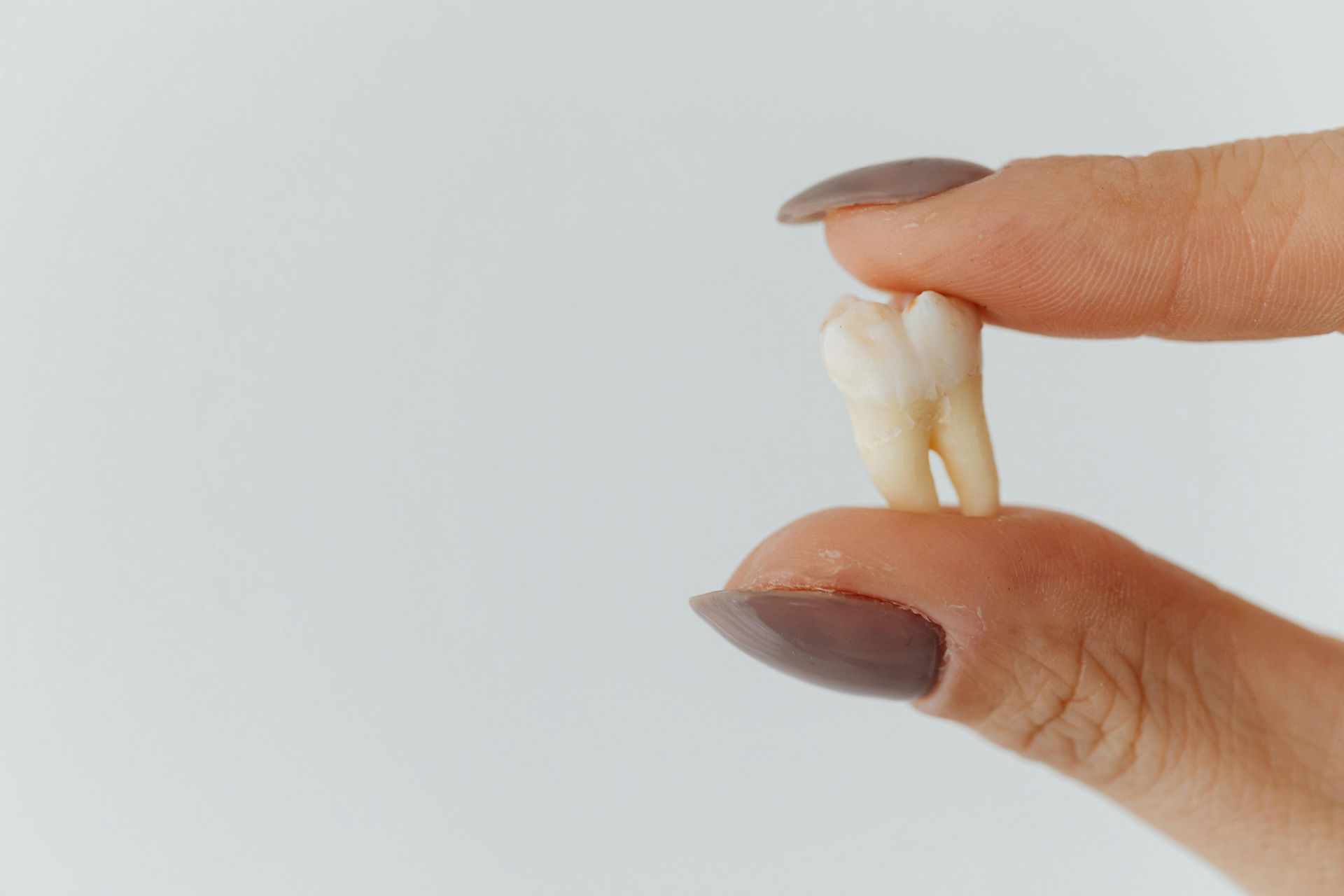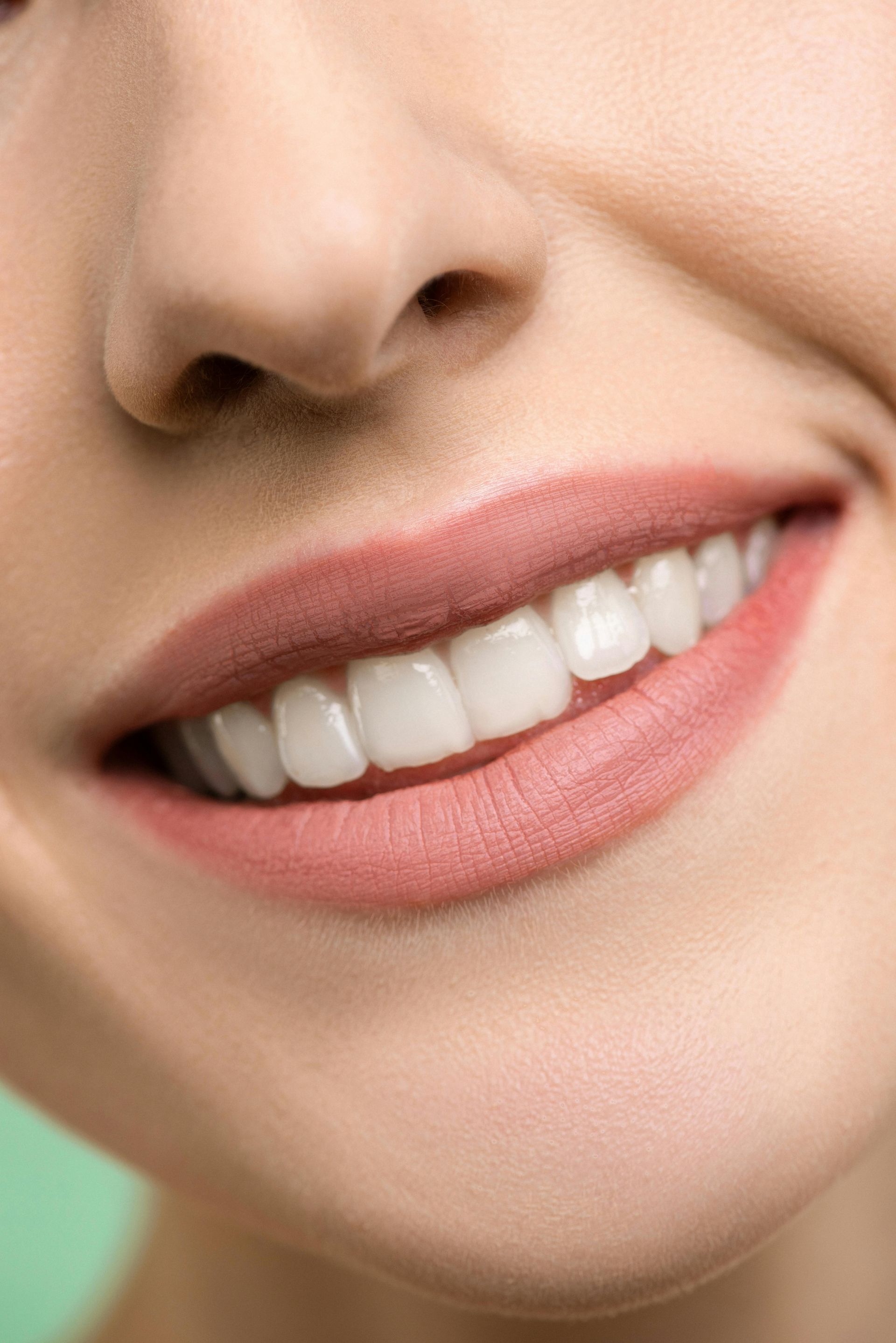Dental Rivera Kids:
Understanding Tooth Sensitivity
Tooth sensitivity is a common dental problem that affects many people. If eating hot, cold, sweet, or acidic foods or drinks, or even breathing in cold air, causes discomfort or pain in your teeth, you may have tooth sensitivity.
This condition occurs when the protective enamel on the teeth wears away or when the gums recede, exposing the underlying dentin. Dentin contains tiny microscopic channels called tubules that connect to the nerve center of the tooth. When exposed, these tubules allow external stimuli, such as changes in temperature or sugary substances, to reach the nerves and cause pain or discomfort. Tooth sensitivity can range from mild irritation to sharp, sudden pain, making daily activities such as eating or drinking an unpleasant experience.
Many factors can contribute to tooth sensitivity. Overzealous brushing, the use of abrasive toothpastes, or eating an acidic diet can erode enamel and expose dentin. Periodontal disease or gum recession can also play a significant role by exposing tooth roots that lack the protective layer of enamel. In addition, dental conditions such as cavities, cracks, or worn out fillings can mimic sensitivity, underscoring the importance of consulting a dentist to determine the exact cause.
Managing tooth sensitivity starts with focusing on prevention and proper oral care. Using a soft-bristled toothbrush, a toothpaste designed for sensitive teeth, and practicing gentle brushing techniques can help protect tooth enamel and reduce discomfort. Regular dental check-ups are essential to identify potential problems early and receive professional treatments, such as fluoride applications or protective varnishes, to reduce sensitivity. By being proactive about tooth sensitivity, you can maintain your oral health and enjoy a pain-free smile.
How Common is Tooth Sensitivity?

Dental sensitivity is incredibly common, affecting nearly half the population at some point. It can be a recurring problem that often varies in intensity over time. While some people may experience occasional discomfort, others may find the condition more persistent and disruptive to their daily lives. The sensation typically occurs when the protective layers of the teeth are compromised, exposing the underlying dentin and triggering nerve responses to hot, cold, sweet or sour stimuli.
There are many causes of tooth sensitivity, from poor brushing techniques to dietary habits. Aggressive brushing or the use of abrasive toothpaste can wear away enamel, leaving the dentin vulnerable. Similarly, a diet high in acidic foods and beverages, such as citrus fruits and sodas, can erode enamel over time. Other factors, such as receding gums due to periodontal disease, can also expose the roots of teeth, which are more sensitive because they lack enamel protection. Addressing these triggers is key to effectively managing and preventing tooth sensitivity.
Prevention and treatment options for tooth sensitivity have advanced significantly, providing relief for those affected. Practicing good oral hygiene, using a soft-bristled toothbrush and incorporating desensitizing toothpaste into your routine can help reduce discomfort. Regular dental checkups play a crucial role in detecting early signs of enamel erosion or gum recession, allowing for timely intervention. In severe cases, dentists may recommend treatments such as fluoride applications, protective varnishes or restorations to protect exposed dentin and minimize pain.
Dental sensitivity can affect your quality of life, but with proper care and professional guidance, it is a manageable condition. By understanding its causes and maintaining consistent oral health habits, you can prevent recurring discomfort and protect your smile.
Why Does Tooth Sensitivity Occur?

Tooth sensitivity usually occurs when the protective layers of your teeth are compromised, exposing the dentin underneath. This can happen for a number of reasons, including:
Receding Gums: Often caused by periodontal disease or improper brushing techniques, receding gums expose tooth roots that lack enamel.
Enamel Erosion: A diet high in acidic foods such as citrus fruits, soda or pickles can wear away enamel, exposing the underlying dentin. Acid-related conditions such as GERD or bulimia can also cause enamel loss.
Aggressive Brushing: Using a hard-bristled toothbrush or abrasive toothpaste can wear away enamel and irritate gum tissue.
Preventing Tooth Sensitivity
Good oral hygiene and mindful habits can help prevent tooth sensitivity. Key practices include:
Gentle Brushing: Use a soft-bristled toothbrush and low-abrasion toothpaste. Avoid brushing too hard, as this can damage enamel and gums.
Balanced Diet: Limit acidic foods and drinks to prevent enamel erosion.
Regular Dental Check-Ups: Professional cleanings and early detection of gum disease can help maintain oral health.
Fluoride Treatments: Using fluoride toothpaste or rinses can strengthen teeth and protect against sensitivity.


